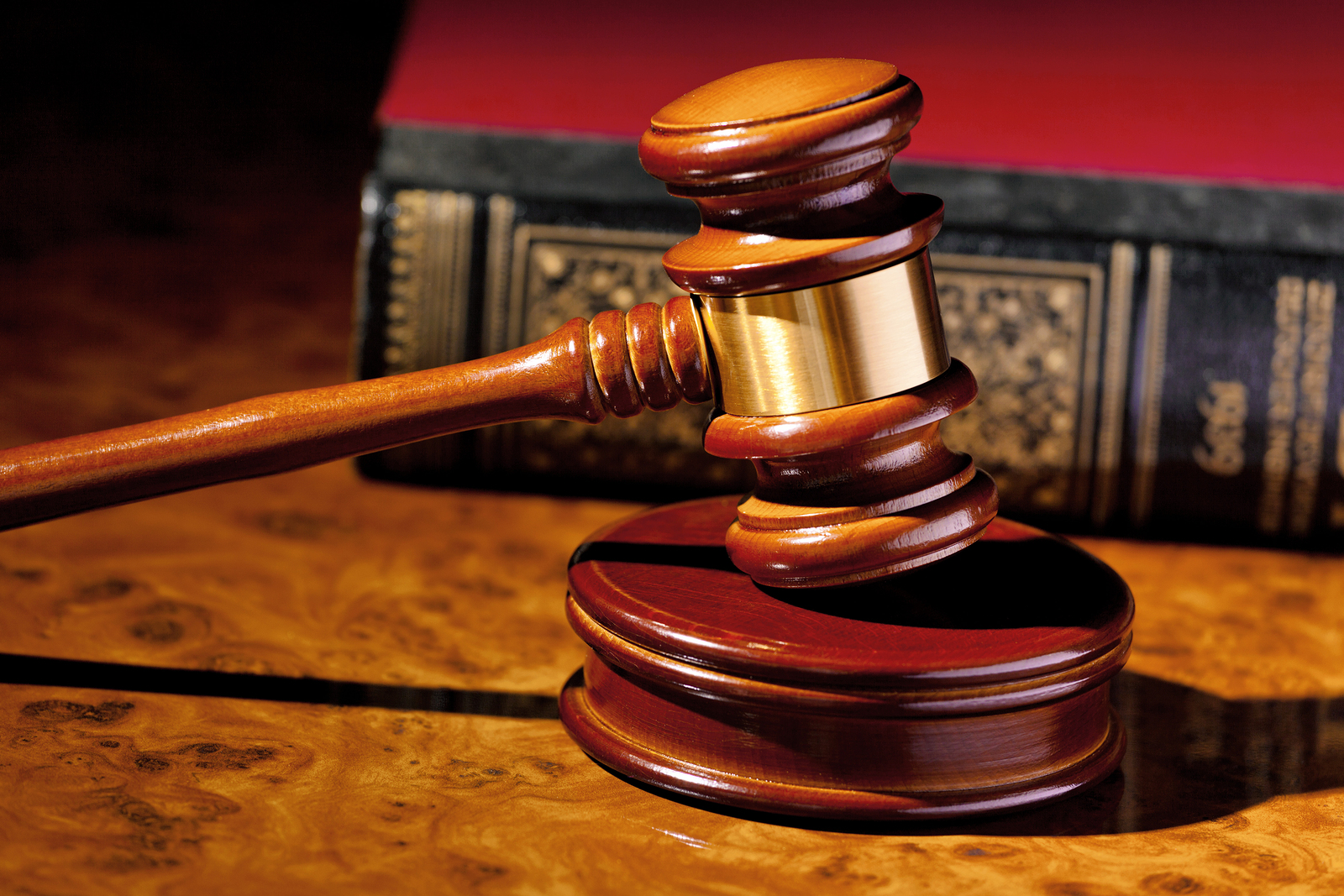
Supreme Court decision on Covid-19 law victory for democracy — Plaintiffs
Two of the plaintiffs who initiated the action that led the Supreme Court to strike down the Imposition of Restrictions Act, 2020 (Act 1012) as unconstitutional have praised the decision as a big win for democracy.
Advertisement
Act 1012 enacted in March 2020 at the height of the covid-19 pandemic allowed the President to imposed restrictions through executive instruments as and when he deemed fit for three months.
The two plaintiffs - Professor Kwadwo Appiagyei –Atua, an Associate Professor at the University of Ghana School of Law (UGSoL), and Samson Lardy Anyenini, a lawyer and award –wining journalist, told the Daily Graphic that the Supreme Court, through the decision, has promoted the rule of law and curbed the unconstitutional excesses of the Executive arm of government.
Decision
According to Prof. Appiagyei-Atua, the decision was an indication that the Supreme Court which is the custodian of the 1992 Constitution would not allow any entity to take the law into its hands.
“The Supreme Court has stopped Act 1012 from being used by government to declare dubious emergency and use that as a pretext to abuse fundamental human rights in the country,” he said.
For Mr Anyenini, the decision by the apex court had advanced the frontiers of human rights and personal liberties.
“But for this decision, any President could use Act 1012 for his political party or personal parochial ends because it had no expiry date even long after Covid- 19 was gone, “he added.
Unconstitutional law
On Wednesday, May 31, this year, a seven-member panel of the Supreme Court unanimously declared Act 1012 as unconstitutional.
The court held that Act 1012 violated the constitution because it allowed the President to declare a state of emergency and impose restrictions without the laid down procedure as stipulated by Article 31 of the 1992 Constitution.
“We hold that Act 1012 is inconsistent with Articles 21 and 31 in so far as it deals with matters that are ,more qualified for a declaration of a state of emergency , without recourse to Article 31. Article 31 is the gateway for dealing with public emergencies with such magnitude such as the Covid-19 pandemic.
To the extent that Act 1012 contravenes Article 21, 31, 32, 58 (2) and 93(2) of the 1992 Constitution, we strike down Act 1012 as unconstitutional and therefore null and void,” the court held.
The court did not immediately give the full reasons for its decision, which it said would be ready at the court’s registry by June 7, this year.
The seven-member panel was presided over by Justice Jones Dotse, with Justices Nene Amegatcher, Prof. Nii Ashie-Kotey, Avril Lovelace –Johnson, Issifu Omoro Tanko Amadu, Prof. Joy Henrietta Mensa-Bonsu and Emmanuel Yonny Kulendi.
Imposition Act
Act 1012 was enacted pursuant to Article 21 (4) (c), (d) and (e) of the 1992 Constitution.
Based on Act 1012, President Akufo-Addo was able to restrict the movement of people within certain places in Ghana, temporarily closed schools, suspended services in churches and mosques, prevented people from going to beaches, restrict the number of people at funerals and generally restricted public gathering during the covid-19 pandemic.
After many public criticisms, the eight plaintiffs, which included Dr Sena Dei-Tutu, Benjamin Darko, Golda Addo, Democracy Hub and Democratic Accountability Lab, sued the Attorney –General with the case that Act 1012 was unconstitutional.
It was the contention of the plaintiffs that Act 1012 falls within the ambit of Article 31 and therefore it was unconstitutional for the law to allow the President to unilaterally suspend the human rights of people as and when he deemed fit without recourse to Parliament and the Judiciary as stipulated by Articles 31 and 32 of the 1992 Constitution.
The plaintiffs therefore urged the court to strike down Act 1012 as unconstitutional, null and void.
Article 31 (3) of the Constitution states that after the President declares a state of emergency, he must place it before Parliament which must within 72 hours declare whether the proclamation by the President should remain in force or be revoked, while Article 31(4) stipulates that a state of emergency will cease to have effect after seven days unless before the expiration Parliament approves it by a resolution.
Emergency
Per Article 31(5) a state of emergency approved by Parliament shall be in force for three months but Parliament at any point in time can pass a resolution to revoke it.
With regard to Article 32, it stipulates that when the freedom of a person is restricted as a result of a state of emergency, 10 days after his restriction, his case shall be reviewed by a three-member tribunal appointed by the Chief Justice, which after the review, may uphold the restriction or enforce the freedom of that individual.
Writer’s email: [email protected]



